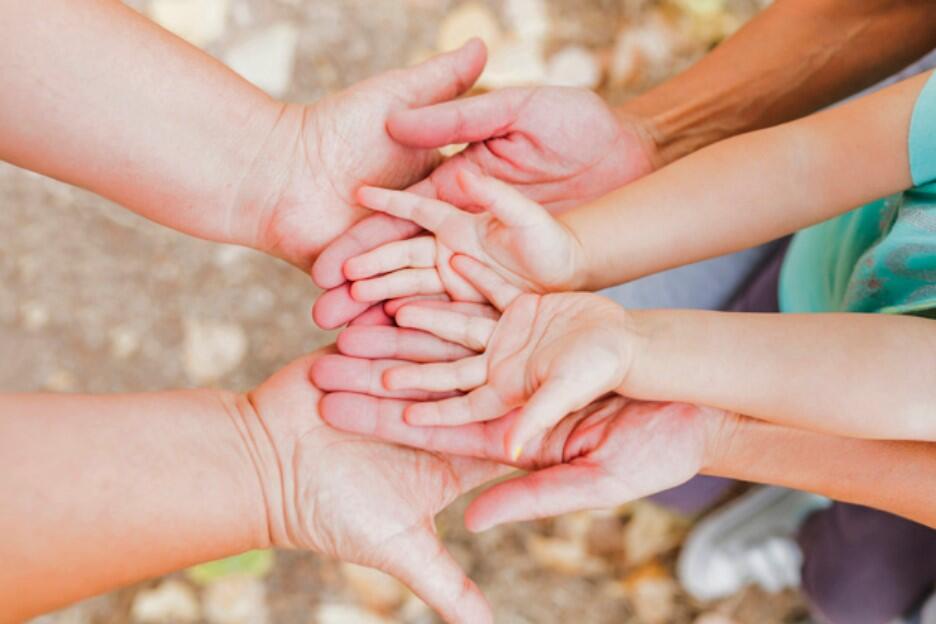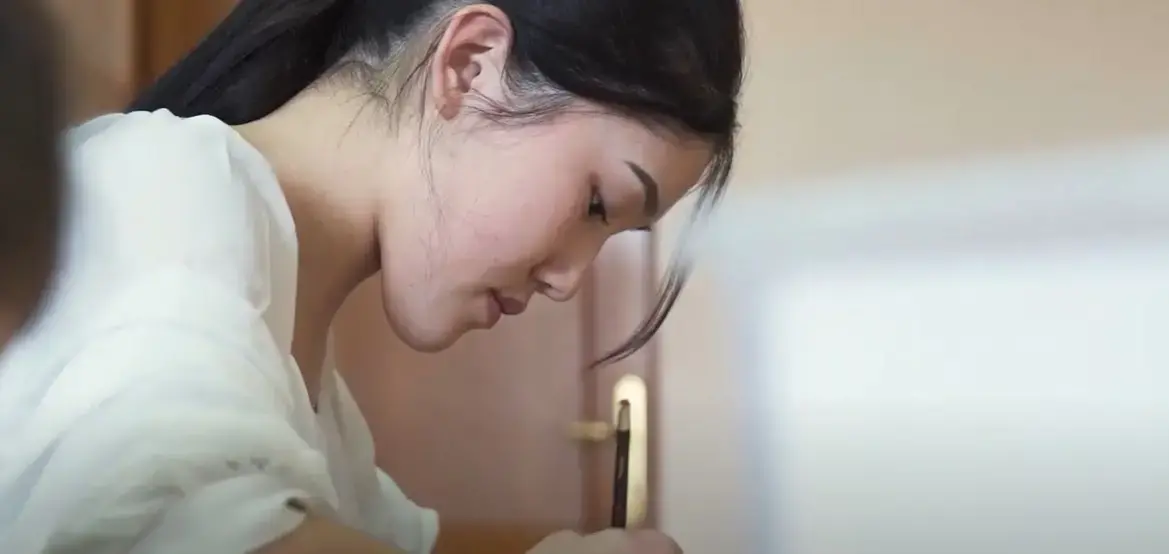Nur-Sultan – The combination of economic and social stresses brought on by the pandemic, as well as restrictions on movement, have impacted everyone but more so the most vulnerable including women and girls, people with disabilities, the elderly, those with underlying health conditions in almost all countries. UN Secretary-General Antonio Guterres in his recent address noted that “Peace is not just the absence of war. Many women under lockdown for COVID-19 face violence where they should be safest: in their own homes. I urge all governments to put women’s safety first as they respond to the pandemic”.
Even before the global spread of the new coronavirus, statistics showed that a third of women around the world had experienced some form of violence in their lives. Recent weeks have seen an alarming global surge in domestic violence further compounded by the quarantine regime. In Kazakhstan, one of the hotlines set up for victims of domestic violence reported a 50% increase in the calls in the first half of April alone as compared to February 2020. 50% of girls are subjected to violent methods of discipline in the family, including 21% subjected to physical punishment, and 45% experienced psychological aggression and violence. At the same time, support services for women at risk face cuts and closures, with shelters often not being able to house new people due to the fear of infection and the limitations in the movement.
Moreover, people with disabilities are at an even higher risk. According to Population Situation Analysis 2019, about half of the people with disabilities had experienced various types of violence in their families, regardless of gender and age. A follow-up Rapid Assessment during COVID-19 revealed that 38% of those surveyed reported that their relationships with family members had deteriorated during the lockdown.
“The pandemic is exposing existing gender inequalities as well as inequalities faced by people with disabilities. The same rapid assessment showed that almost three out of four of the people surveyed didn’t have an opportunity to turn for help to the police, psycho-social services, medical or other institutions. People with hearing disabilities need a sign language translator, which limits their access to assistance. To help these people the National Commission for Women, Family and Demographic Policy under President of the Republic of Kazakhstan with support from UNFPA developed videos with information on how to protect oneself from coronavirus, what to do when leaving or coming back home, and when faced with violence,” said UNFPA in Kazakhstan Representative Ms Giulia Vallese.
On 27 April the UN announced the “Women Rising for All” initiative, putting women leaders at the forefront calling the world to action for the responses that we will need on the health, the economic and the humanitarian front. We need women at the table when decisions are taken on this pandemic, to prevent worst-case scenarios like a second spike in infections, labor shortages, and even social unrest.
In Kazakhstan women’s organizations and activists call upon the government and development partners to ensure effective dialogue with civil society to put women’s needs at the center of COVID-19 pandemic response and recovery efforts. In April 2020, UN Women conducted consultations with civil society organizations in Central Asia to bring suggestions and solutions to the forefront of discussions and decisions on COVID-19. As a result, some suggestions were included to the practical recommendations of UN Women and UNFPA Kazakhstan on changes in legislation and normative standards pertaining to prevention and response to domestic violence in conditions of COVID-19 state of emergency.
Mr Norimasa Shimomura, UN Resident Coordinator for Kazakhstan, noted: “Every country can take action by moving services online, expanding domestic violence shelters and designating them as essential, and increasing support to frontline organizations. The UN in partnership with the European Union will launch soon the Spotlight Initiative for Central Asia and Afghanistan to tackle sexual and gender-based violence. Our team is making sure the Spotlight Initiative is adapted to address urgent challenges created by COVID-19”.
The UN in Kazakhstan makes the prevention and redress of violence against women and girls as one of the key components of the response plans for COVID-19. The UN agencies are working together to advocate for the needs of survivors of violence by releasing a step-by-step “to do” guide and sharing information on best international practices with policymakers. They have also launched a Rapid Gender-Assessment Survey which will inform response planning to address main challenges which affected population experiences and copes with the outbreak and help develop future activities to support women and girls in the country. The UNFPA also promoted the video for fathers within the campaign #ProtectYourFamily. The UNICEF is focused on prevention of violence, abuse and neglect of children by widely disseminating parenting advice, holding online consultations and engaging influencers in role-modelling positive parenting practices during quarantine time.
The UN system in Kazakhstan reiterates that this pandemic is not only challenging the global health systems, but our commitment to equality and human dignity. Addressing the needs of the most vulnerable, we can get through this pandemic faster, and build more equal and resilient communities and societies that benefit everyone.
For additional information please contact: Press and Communication Officer of the UN in Kazakhstan Ms Elnara Bainazarova: +7 701 9400086, e-mail: elnara.bainazarova@one.un.org, Press and Communication Officer of the UNFPA in Kazakhstan Ms Dina Teltayeva: +7 701 765 40 10, e-mail: teltayeva@unfpa.org





